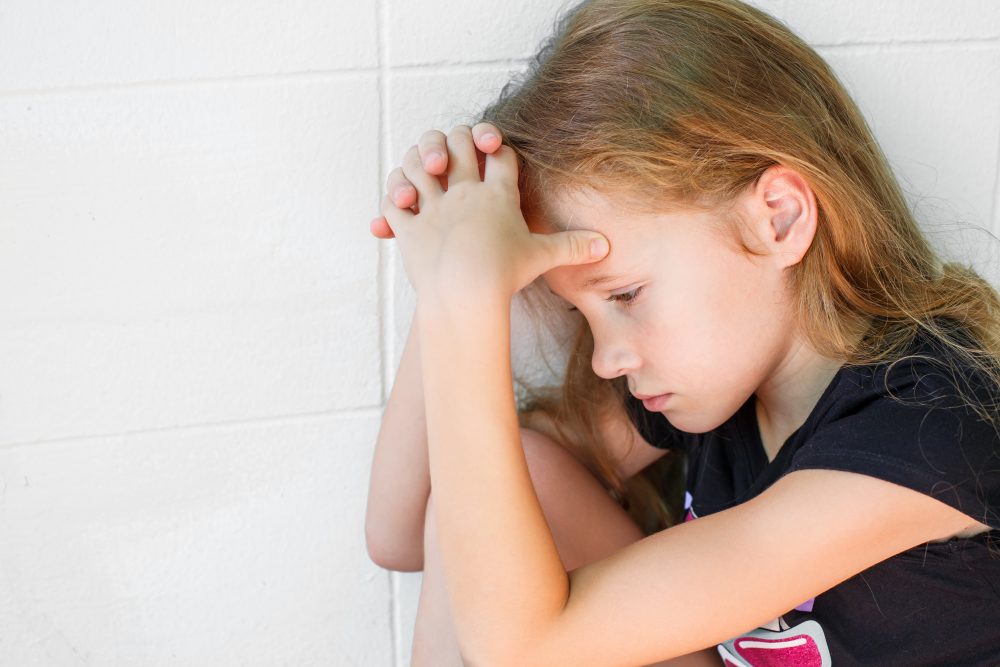
Five Things I Know About Childhood Anxiety – Part 1 of a New Series
In 2014 we spent a huge amount of time investing in educating our family about childhood anxiety. We took part in a weekly youth group therapy session to help parents and children understand and manage anxiety. It was gruelling and exhausting and, I hope, worth it.
Every single Tuesday for several months my daughter and I drove to the children’s hospital in town and we learned how to successfully manage her childhood anxiety. We split into two groups every session. There was a parents group and a youth group. Eventually we all came together to discuss things together but the first part of each session was divided into parents and youth.
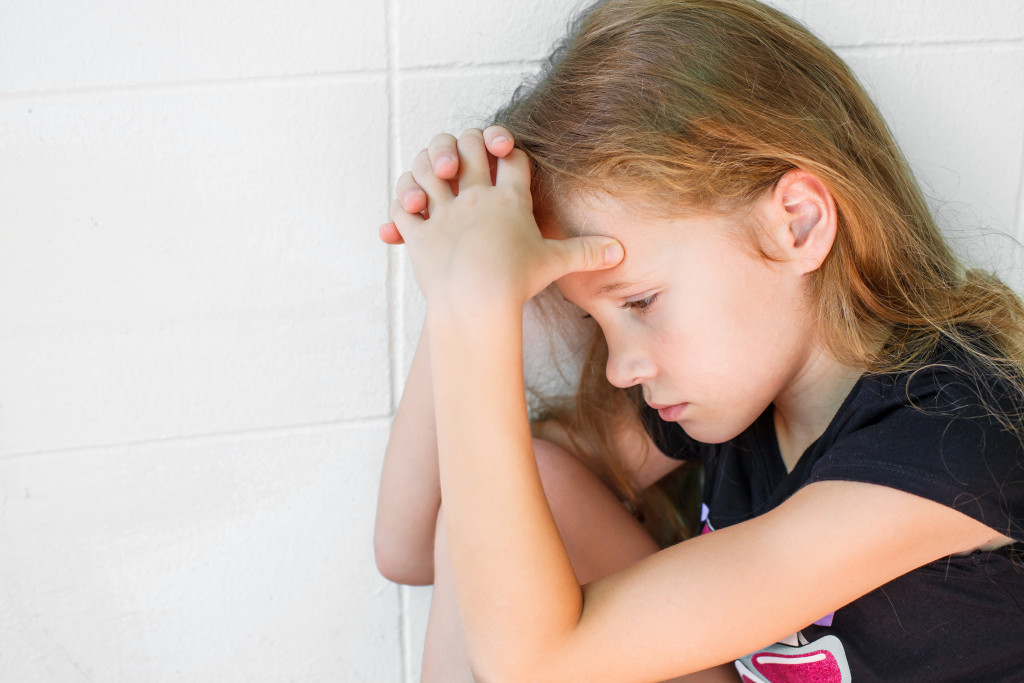
The kids circled back to us to discuss what they’d been working on. Both the group and names of kids involved – are all confidential. I won’t share any of that. But I will share some of what I learned about childhood anxiety here because this excessive worry is reality for a lot of kids.
[tweetthis]DYK 1 in 5 youth struggle with this mental health issue?[/tweetthis]
We know children’s mental health issues impact 1 in 5 kids. Children’s mental health issues are depression, anxiety, ADD (attention deficit disorder), obsessive compulsive disorder, personality disorder and a few others that are less commonly known. The big two are depression and anxiety which are two sides of the same coin really. Anxiety, or excessive worry, can become depression if not treated.
Not everyone can access the treatment we did. Universal health care is only universal if you have the right doctor to help you find the treatment plan you need and there are always limits to that. If you live in a remote rural area for instance you have less access than other families do often. Single parent? Well then it can sometimes be harder to get time off work. And if you are working for minimum wage taking one morning a week off to attend group therapy with your child is pretty much never going to happen.
So I will share some of what I learned and some of what is helping throughout 2015 in a series of posts. I will probably share some of the ups and downs we encountered throughout the year as well. I know many of my readers have mentioned they have children also with anxiety so I hope some of this helps.
Table of Contents
Five Things To Know About Childhood Anxiety:
1. Everyone has anxiety.
Everyone. That’s right. So what’s the issue? Anxiety is a helpful tool if it makes you focus hard and build the best presentation and get your promotion and then move on without getting stuck at work, or at school. It’s helpful when it tells you to run from that car you see racing own the road while you are playing road hockey. It is not helpful when it paralyzes you and consumes every thought.
Excessive anxiety equals excessive worry and it is a problem when it interferes with normal daily living. When my daughter hid in the closet before school every day we knew we needed help with her anxiety.
2. Childhood anxiety can be messy.
It can look at school like the kid who never gets his or her work done. It can look like the child who can’t get to school on time and it can look like the kid who misses every deadline. And it’s often coupled with perfectionism.
How is that messy, you ask? Well, think about this…if you are so consumed by building the best science project ever that you can’t ever get started because it has to be the best and it won’t be the best that you miss the deadline and can’t get anything on paper at all, well that’s anxiety. At school it’s messy.
3. There are several ways to manage anxiety.
Relaxation therapy and breathing help a lot. Also tools such as exposure therapy can help. In fact exposure therapy is one of the most effective tools.
So, for instance, a person who is anxious about riding an elevator could help to overcome that fear/elevator anxiety by doing this slowly over a period of weeks sometimes in smaller chunks: 1. look at pictures of elevators. 2. go to an elevator. 3. get in an elevator and do some breathing. 4. get in an elevator and close the door. 5. ride elevator with a therapist or friend 6. ride elevator alone. 7. ride elevator alone a few times in one day successfully. etc.
I wrote about a common one, and how we handled it here – needle anxiety.
4. Anxiety often has a genetic component.
It is more common for a child to be anxious if a parent is anxious. A parent can’t help a child with their anxiety often until their own anxiety is in check. It’s not about blame. It’s about getting to a calm and regulated place where you can better help your child with her own anxiety.
5. Eat, sleep, exercise. Repeat. EVERY. DAY.
This is the starting and ending place for pretty much all mental health issues regardless of age. You have to get enough sleep, get enough healthy food and water and then you need to move. We are broken records here. We say every day: let’s go for a walk, or let’s go get moving or let’s go to martial arts or let’s go skating/swimming or tobogganing. And it is often met with I am TIRED. I don’t want to, or NO. Then almost always every single time after we have exercised my daughter tells me – thanks, I feel better. Gigantic forehead thwack on my keyboard. EVERY. Time. Because it works. Exercise makes you feel better. Period.
Stay Tuned For More in this Childhood Anxiety Series
This is the start of an ongoing series about childhood anxiety. I know many of you have kids who get anxious and I hope it helps.
Do you have an anxious child? What helps? This is a book that helped us for years.
This post contains an affiliate link below as a service to readers. If you make a purchase via the link I receive s all commission at no extra cost to you.
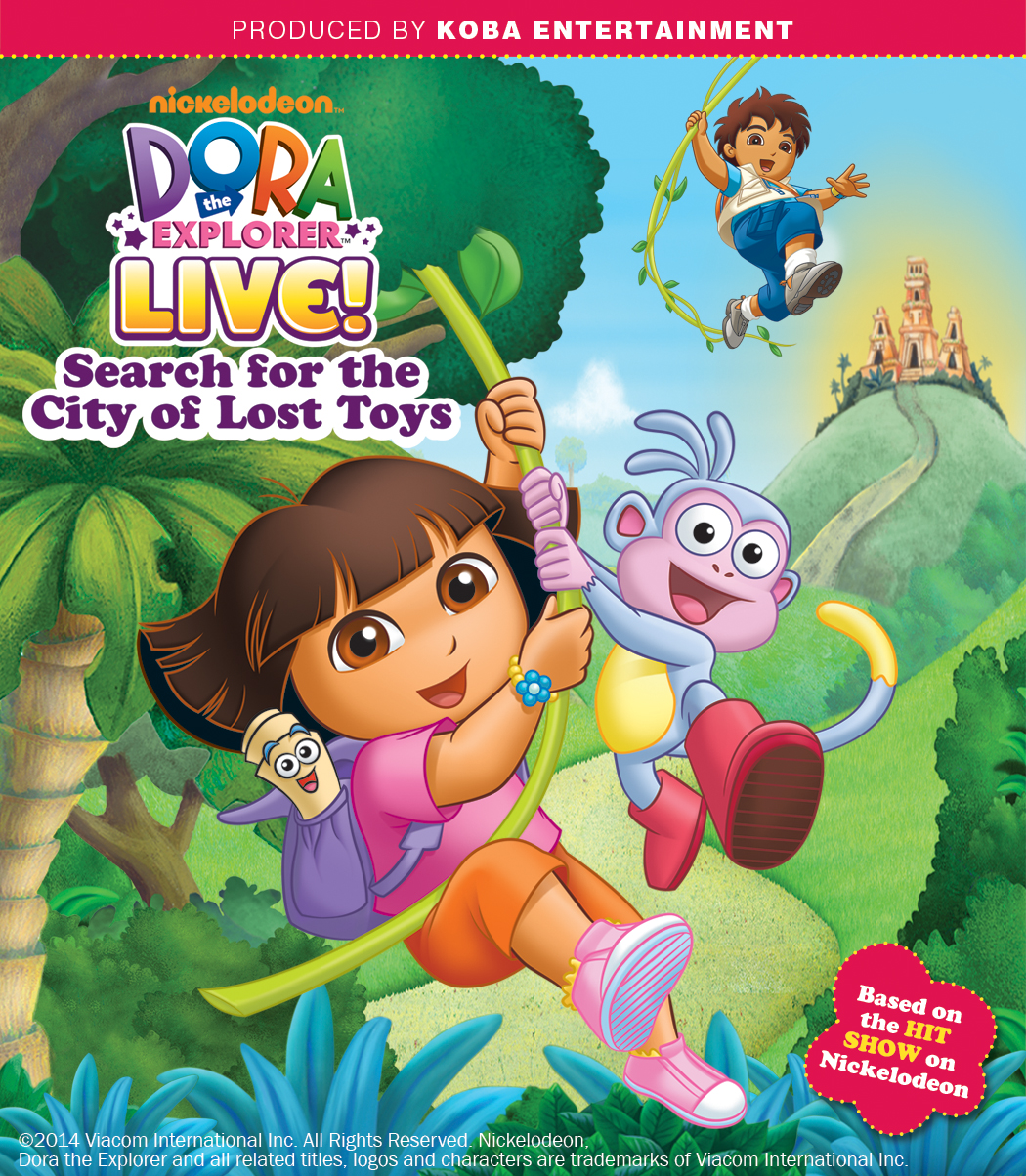

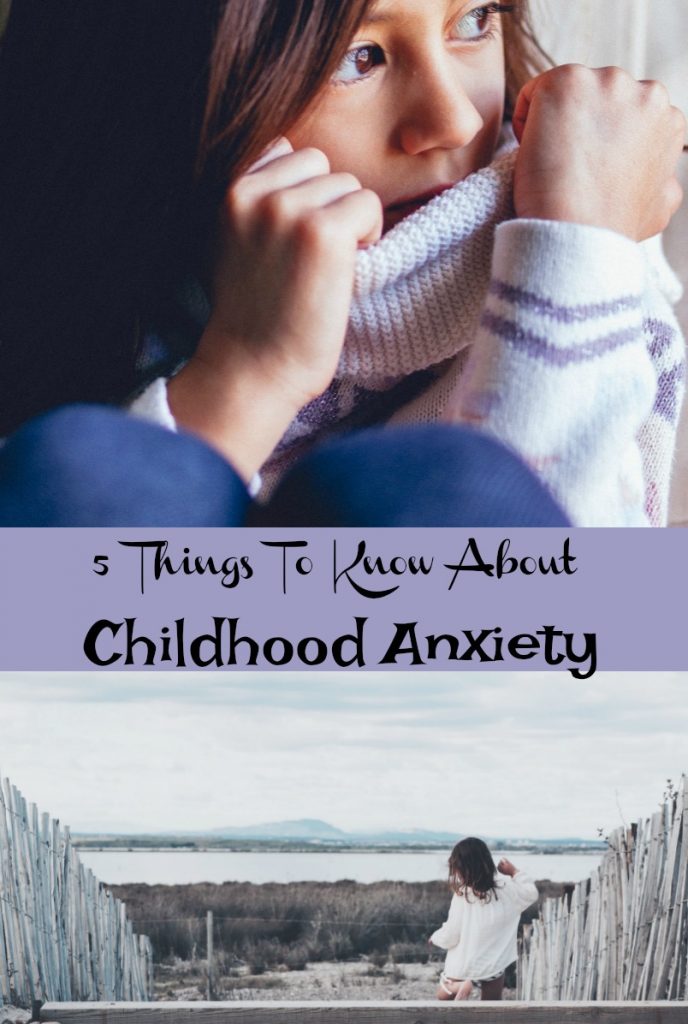
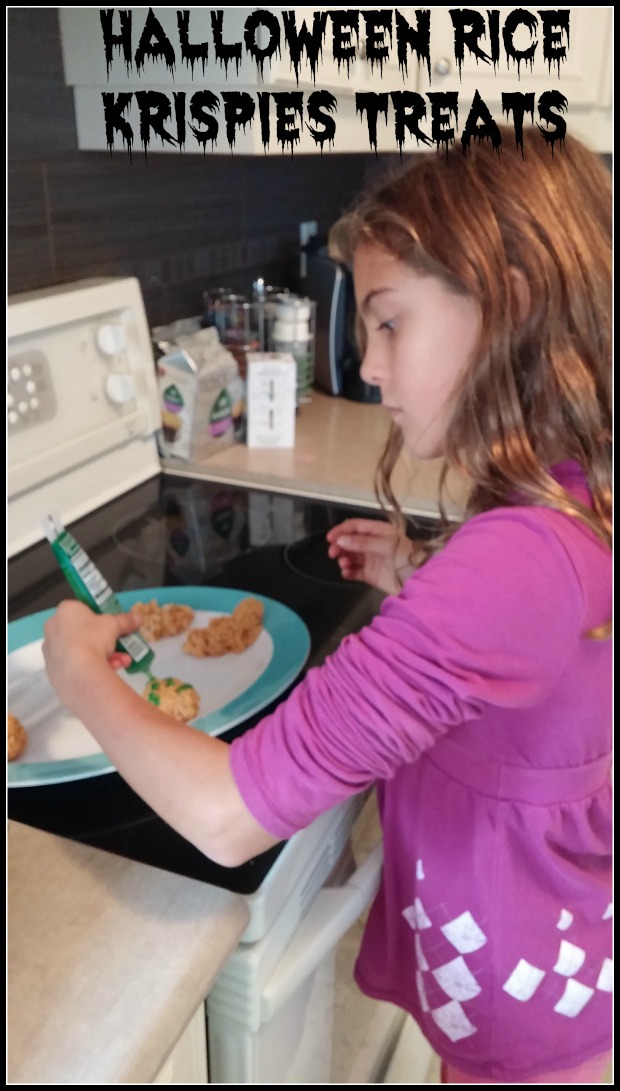
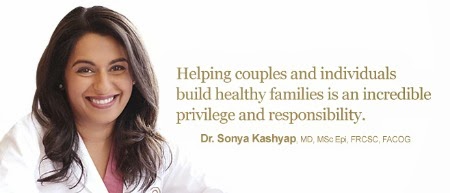

7 Comments
Jenn
This is a great series! I think too many people think it can’t or doesn’t happen to kids. If not treated it can be very consuming! I’m glad you got help for your daughter and are able to help others with great posts like this!
Paula
Thanks so much Jenn. It is very real to my daughter and the rest of us now too. It can be so hard to manage and identify.
Jennifer (momvstheboys)
Great tips, we had a terrible time with anxiety when my middle boy started JK, we joked that kindergarten broke our kid. but it was serious and tough on all of us.
Little Miss Kate
We are just starting to deal with anxiety with my oldest. Finding ways to get him “outside” his comfort zone and dealing with his feelings has been a learning experience that is for sure.
Stephanie Keeping
This is a great post. I never thought about my kids having anxiety, but it does make sense. Thanks for the information.
Bonnie Way
These are great tips – thanks! It’s good to be aware of these issues. I know that in my teens, exercise helped me deal with some anxiety and depression. I’d go for a bike ride with a friend or go swimming with my mom. I need to remember that now and get more active again! 🙂 Thanks for sharing.
Catherine
I am going to be following this closely, not because I have an anxious child but because I am an anxious adult who is trying her damnedest not to pass it on to the next generation. So far so good but I do not want to miss a trick. Plus, helping him is helping me. It’s an education.